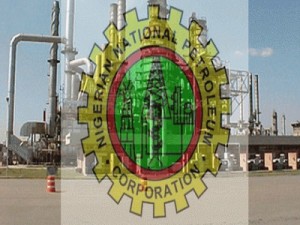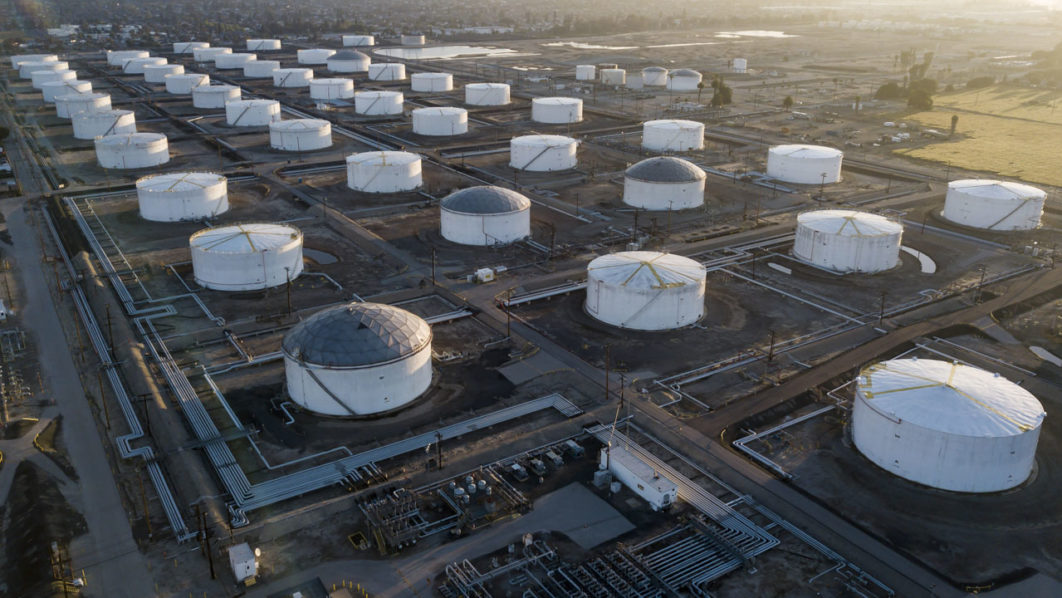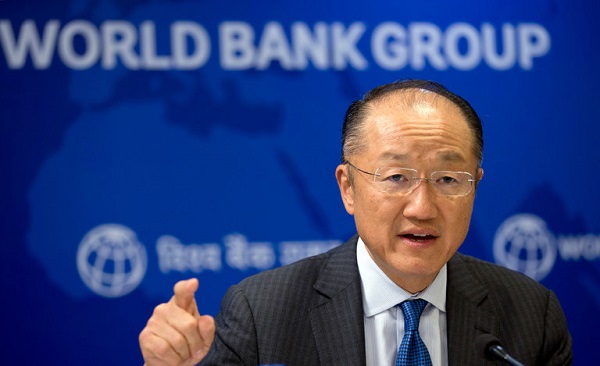Refineries To Operate At 90% Capacity After TAM – NNPC
 The General Manager, Services, of the Nigerian National Petroleum Corporation (NNPC), Mr. Abubakar Muhammed, has said the nation’s four refineries would operate at 90 per cent capacity on completion of the ongoing Turn Around Maintenance (TAM).
The General Manager, Services, of the Nigerian National Petroleum Corporation (NNPC), Mr. Abubakar Muhammed, has said the nation’s four refineries would operate at 90 per cent capacity on completion of the ongoing Turn Around Maintenance (TAM).
Muhammed gave the assurance at the ongoing four-day international conference of the Society of Petroleum Engineers (SPE) and exhibitions, last week, in Lagos.
The 38th edition of the conference has the theme: ‘Natural Gas Development and Exploitation in an Emerging Economy Strategies, Infrastructure and Policy Framework.’
The NNPC director said out of the 90 per cent production capacity of the country’s output of crude production, about 40 would be channelled to the production of petrol.
According to the News Agency of Nigeria (NAN), he said additional refineries would be expected on the long and short term to increase the country’s refining capacity and boost domestic consumption.
Muhammed said the federal government was committed to the gas development programmes and revival of its infrastructure.
He said the nation needed renovation and Petroleum Industry Bill (PIB) that would define the country’s future oil and gas production and generation.
“The PIB has been in the pipeline for 15 years. We are hopeful that the present legislature will address the bill,” he said.
He said rude oil theft had been a major challenge in the country, adding that the decline had impacted on the average sale of government equity crude, with an average joint venture cash call budget of about $600 million per month.
According to him, the drop of earnings from government crude oil to an average of about $460 million potential presents a yearly funding shortfall of about $4.8 billion for the sector.
“This comes at a time when the cash call budget has remained unattainable in the last few years.
“Management of funding is our most immediate challenge and innovative financing approach is currently being developed to address the issue.
“Another challenge is the development of shale oil in Nigeria’s largest market, United States, this has forced Nigeria to look for alternative market in Asia.
“In spite of these challenges, we are focusing on strategic realignment of our crude oil exports to graphically and more direct and user transactions in sustainable markets.” he said.
Muhammed said crude theft and pipeline vandalism as well as reduction in crude oil exploration activities had impacted negatively on production in the last four years from 2010 to 2014.
He said the significant production interruption was now a regular feature in Nigeria’s production profile, with an average of 250,000 bpd being deferred.
“At the price of $100 per barrel, this amounts to a loss of about $9.1 billion yearly.
“ Crude oil theft from January to April 2015 stood at 39.3 million barrels or loss of $3.9 billion at an average crude price of $97.9 per barrels.
“The solution lies with setting up of a critical infrastructure force with accountability measures, with a continuation of enlightenment, empowerment and enforcement of anti-sabotage laws.
“In a bid to address the current sub-optimal performance of domestic refineries, a new rehabilitation strategy has been adopted,” he added.
The Managing Director, Exploration and Production Nigeria Limited, Mrs. Elisabeth Proust, said Nigeria had very tremendous gas reserve of about 46 trillion standard cubic feet (TCF).
She said out of this, a substantial amount of the discovered gas resources was currently developed or under development.
Proust, who was represented by Mr. Ahmadu Kida, Deputy General Manager, said a joint effort by all stakeholders was needed to unlock 133 tcf of gas so that Nigeria could power the industry and boost the economy.
According to her, today, more than 1,400 megawatts of Nigeria’s total power generation is fueled by diesel.
She said: “Even at three times the current regulated domestic gas prices, gas price for power generation will only be a third of that of diesel.
“With the right and enabling environment, Nigeria will benefit domestically from the multiplier effect of the natural gas in order to diversify the economy, create jobs and further boost the economy.”
She said Nigeria’s gas production was hampered by many challenges which included inadequate infrastructure and pipeline vandalism.
Proust, however, said the pace of Nigeria’s gas development would be accelerated if the government would settle all outstanding debts.
She said there should be deregulation of gas price and creation of sufficient infrastructure, while calling for adequate funding and provision of conducive environment for people to operate.
Managing Director, Seplat Petroleum Development Company, Mr. Austin Avuru, stressed the need for the nation to optimally harness its huge gas resources to meet the national aspirations.
According to him, Nigeria needs to start looking for more gas, dwell on full gas utilisation and undertake reserve audits.
Avuru said for the country to generate 32 gigawatts electricity, it would require 7.3 billion Standard Cubic Feet (BSCF) of gas.
He said it was time for the country to start looking for more gas for domestic and commercial values, adding that the country needed more reserves of gas and crude oil.
The Chairman of SPE Nigeria Council, Mr. Emeka Ene, said oil and gas played an important role in the country’s economy.
Ene assured Nigerians that all contributions by stakeholders would be submitted to the federal government for assessment.
Over 600 participants and 60 exhibitors are attending the conference.







